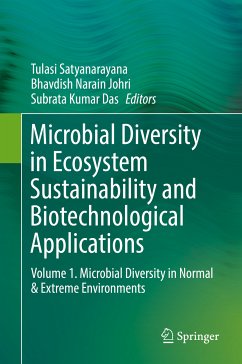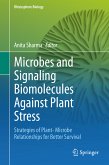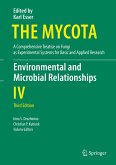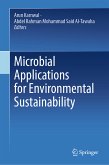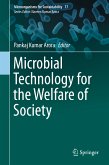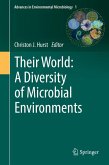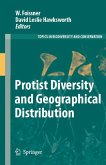This book discusses microbial diversity in various habitats and environments, its role in ecosystem maintenance, and its potential applications (e.g. biofertilizers, biocatalysts, antibiotics, other bioactive compounds, exopolysaccharides etc.). The respective chapters, all contributed by renowned experts, offer cutting-edge information in the fields of microbial ecology and biogeography. The book explains the reasons behind the occurrence of various biogeographies and highlights recent tools (e.g. metagenomics) that can aid in biogeography studies by providing information on nucleic acid sequence data, thereby directly identifying microorganisms in various habitats and environments.
In turn, the book describes how human intervention results in depletion of biodiversity, and how numerous hotspots are now losing their endemic biodiversity, resulting in the loss of many ecologically important microorganisms. In closing, the book underscores the importance of microbial diversity for sustainable ecosystems.
Dieser Download kann aus rechtlichen Gründen nur mit Rechnungsadresse in A, B, BG, CY, CZ, D, DK, EW, E, FIN, F, GR, HR, H, IRL, I, LT, L, LR, M, NL, PL, P, R, S, SLO, SK ausgeliefert werden.

